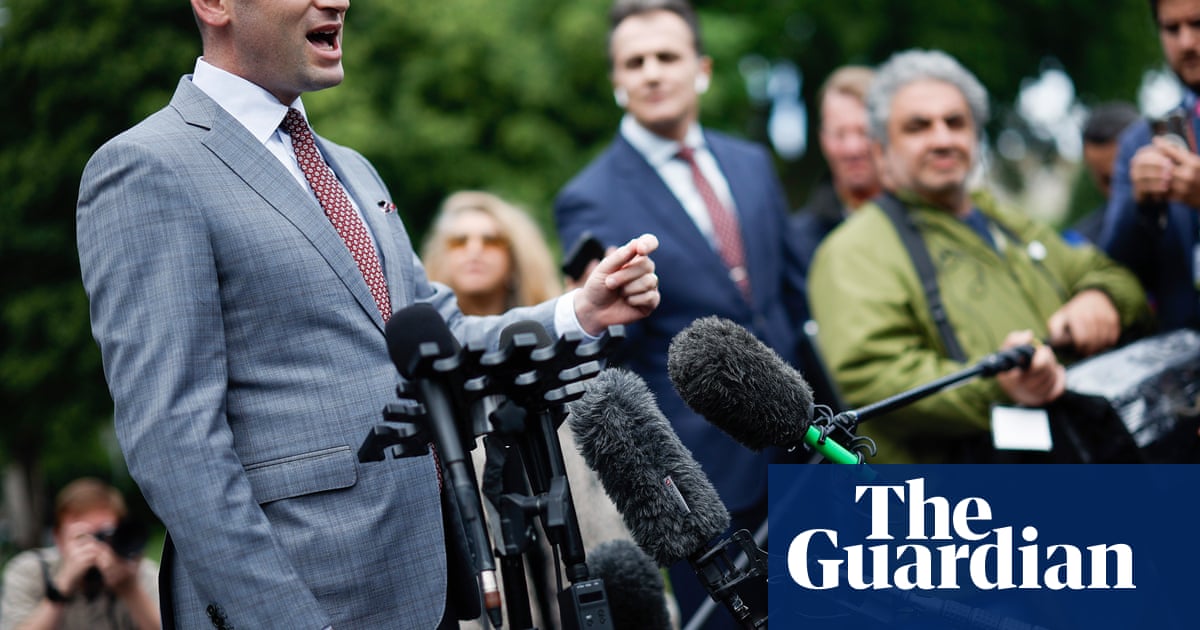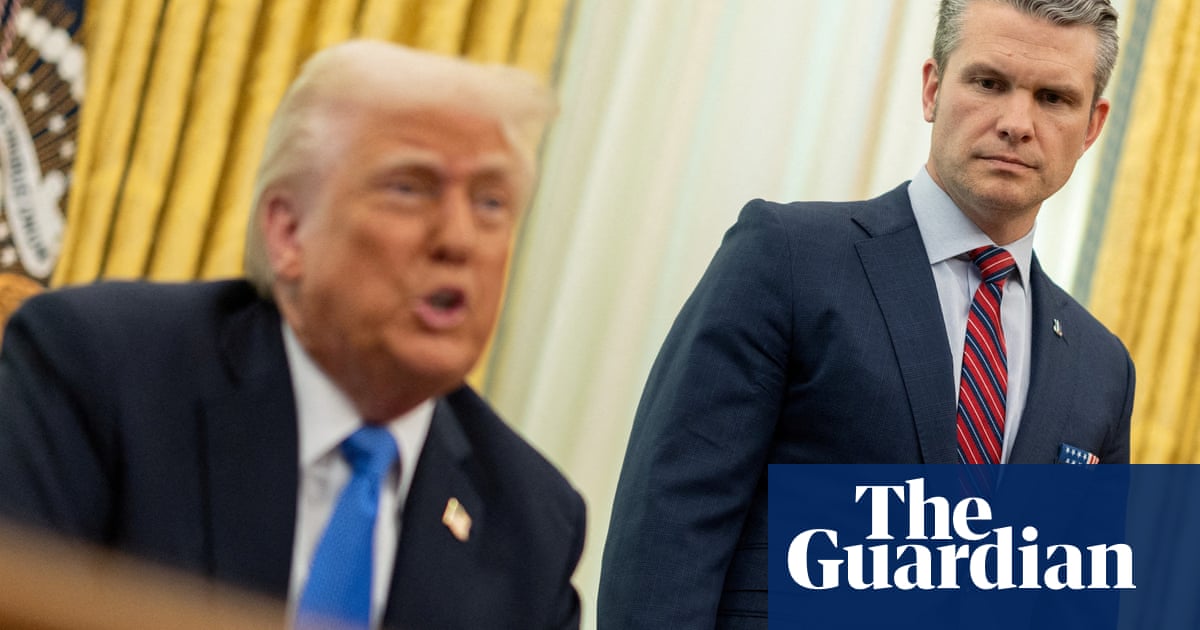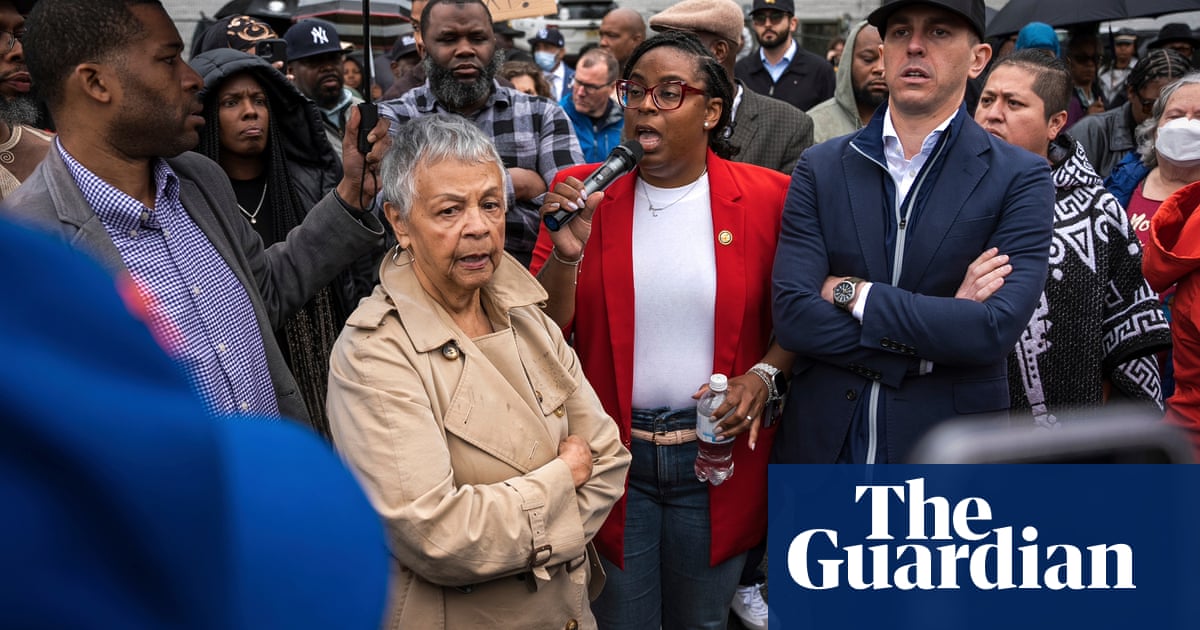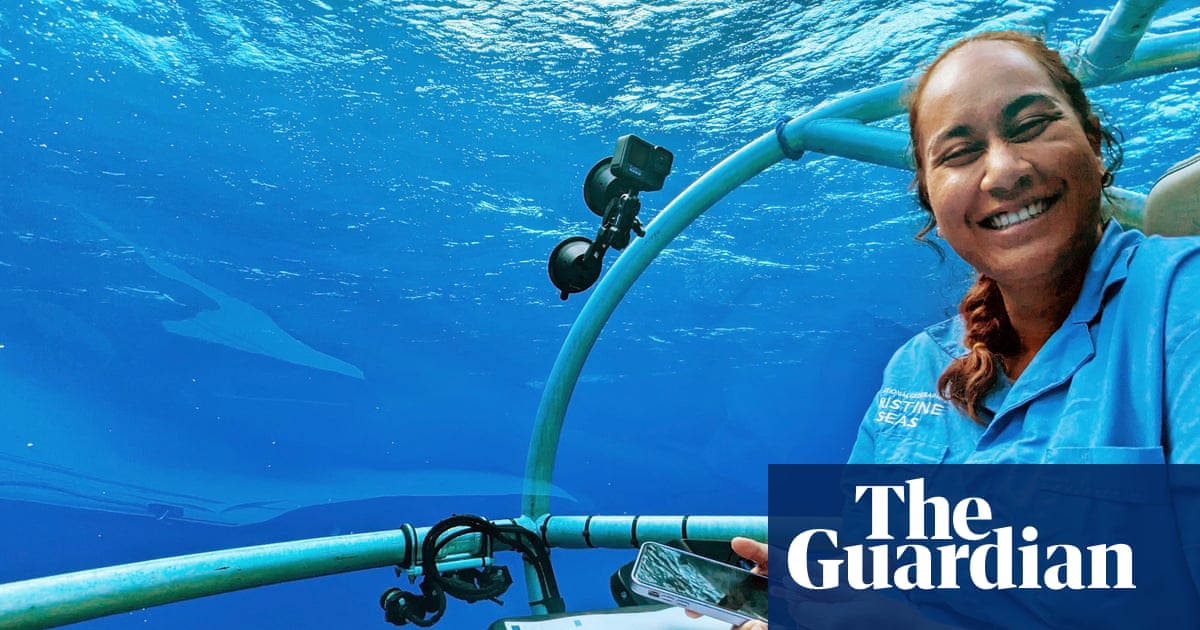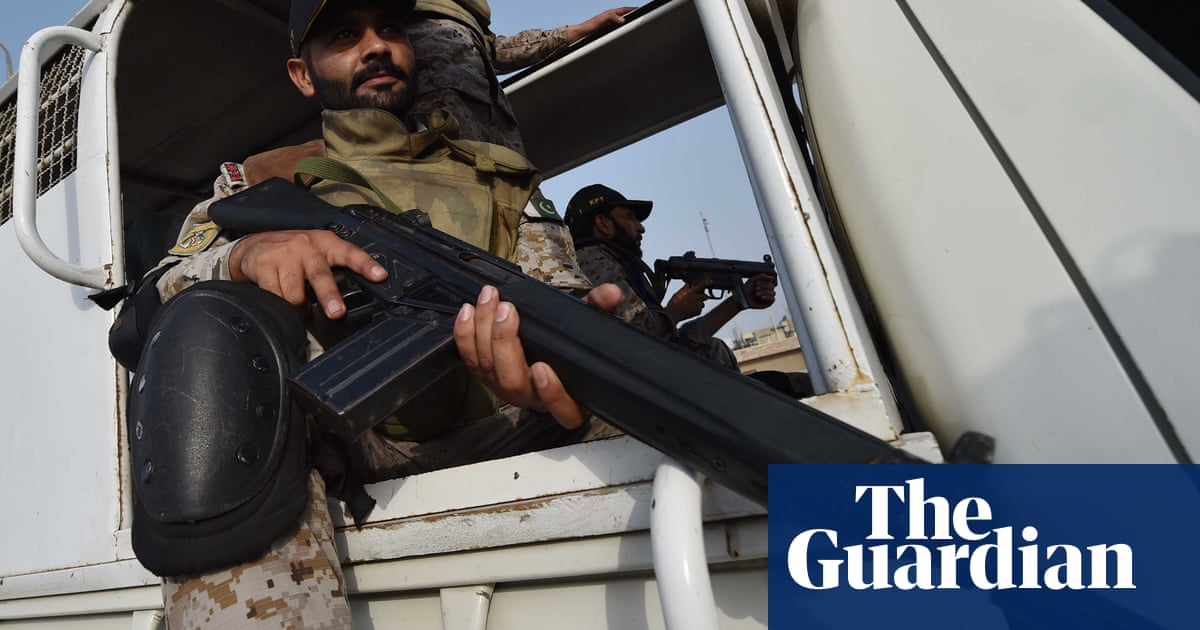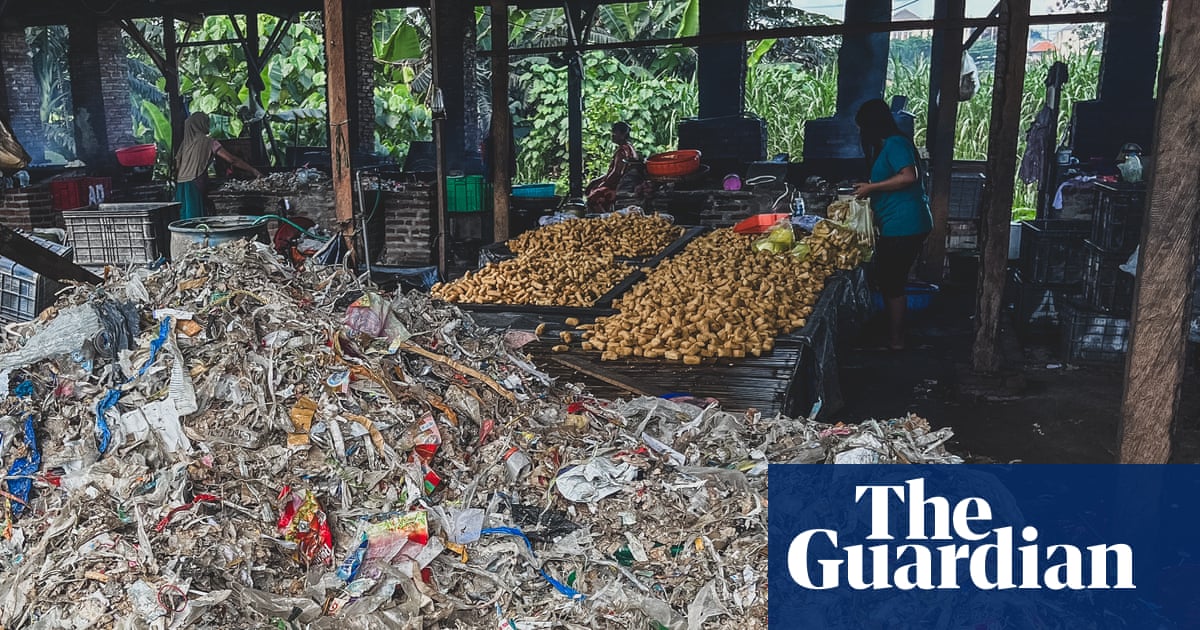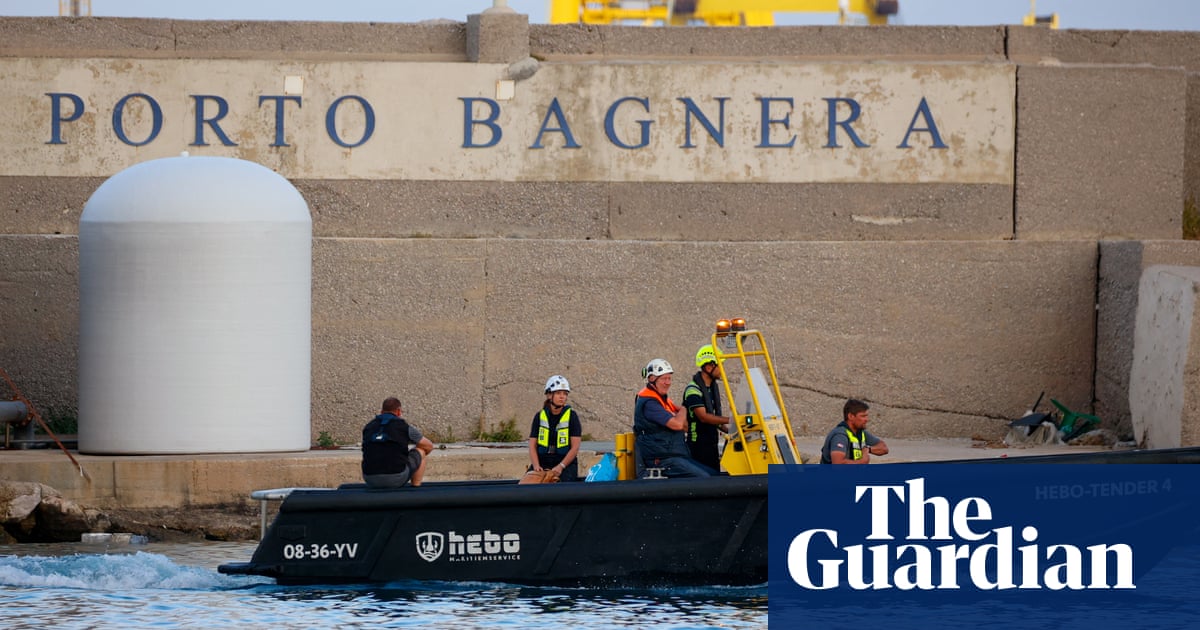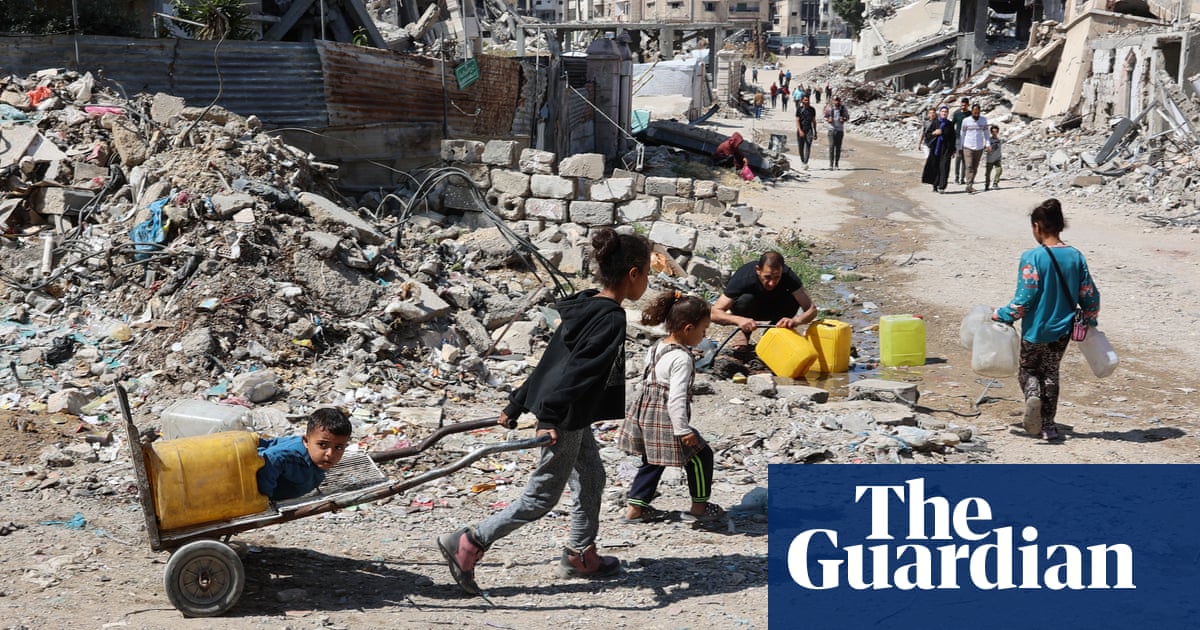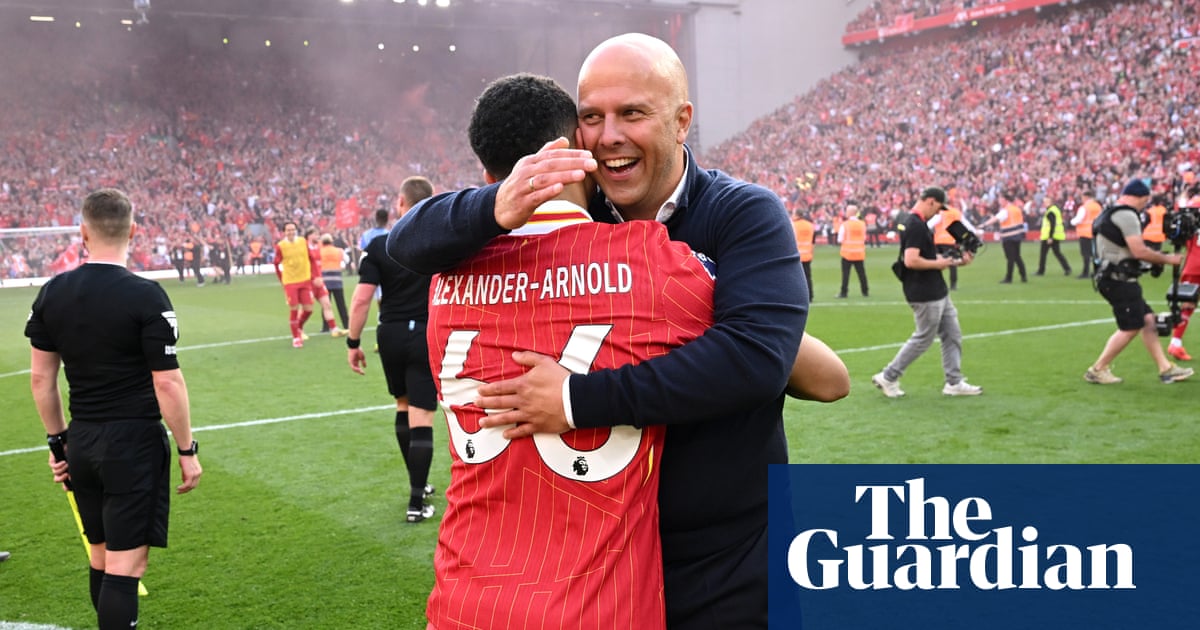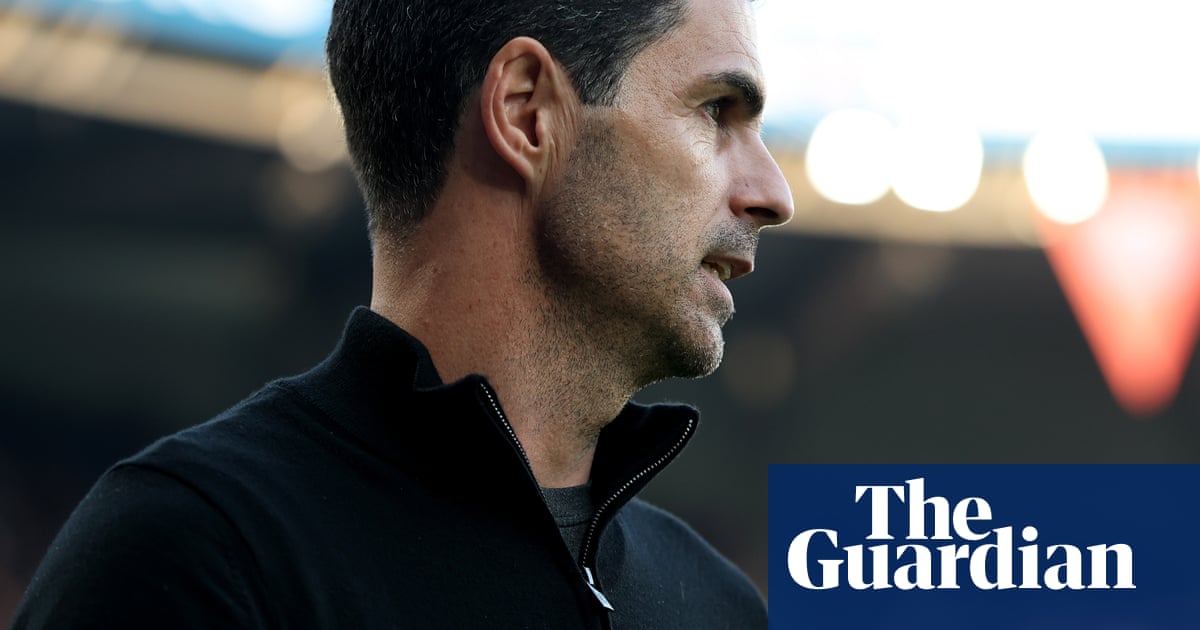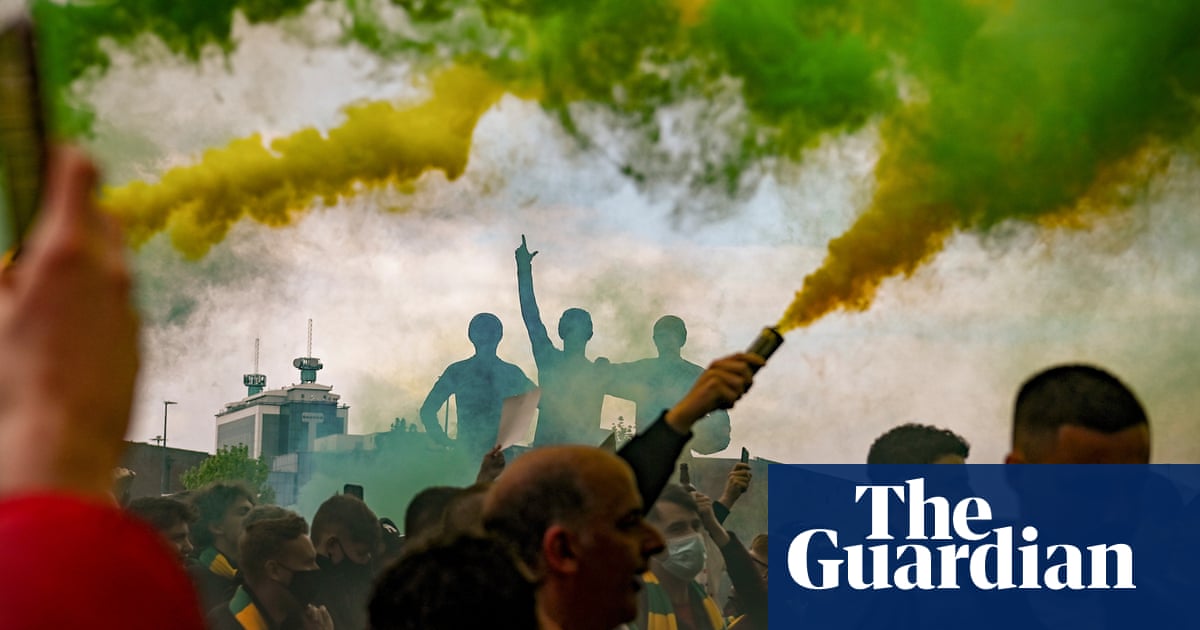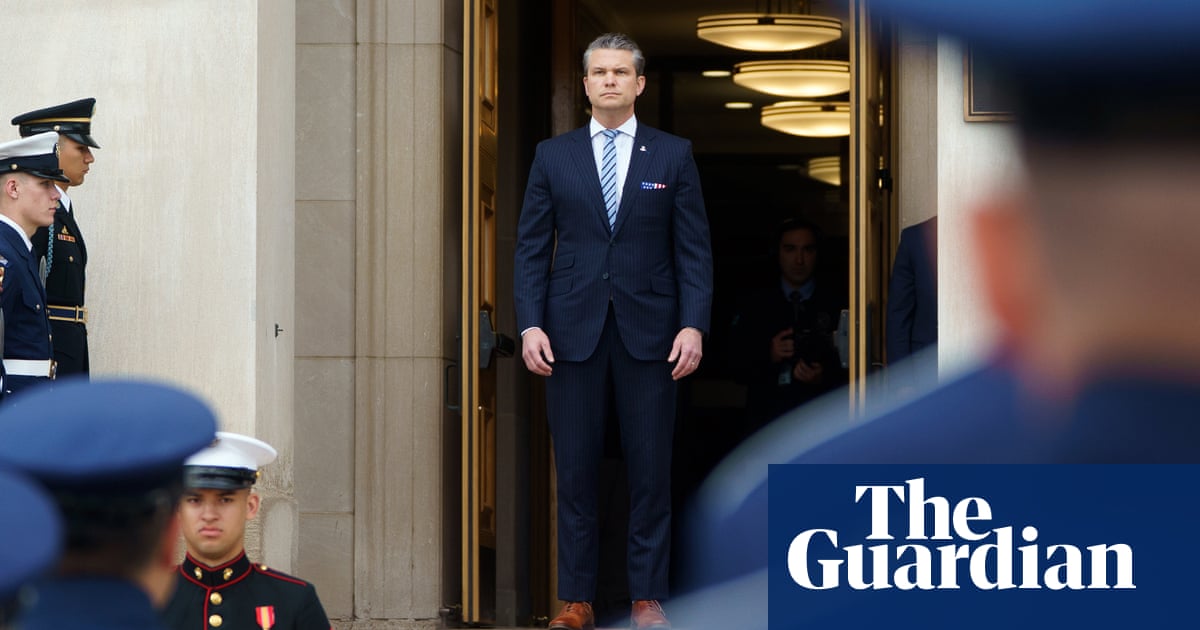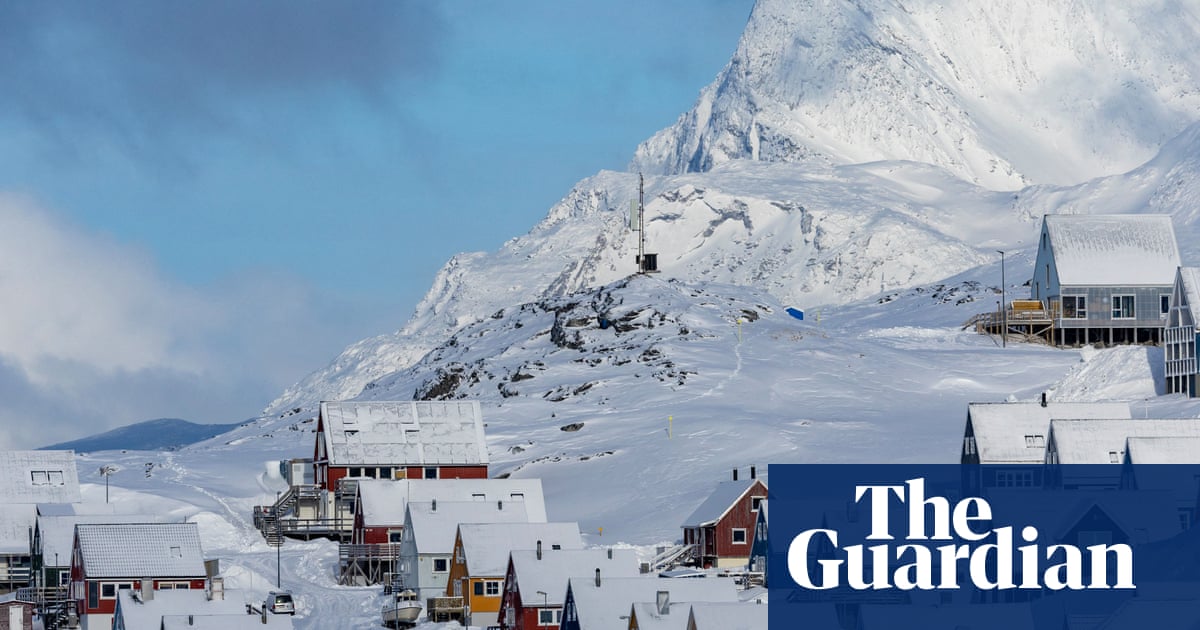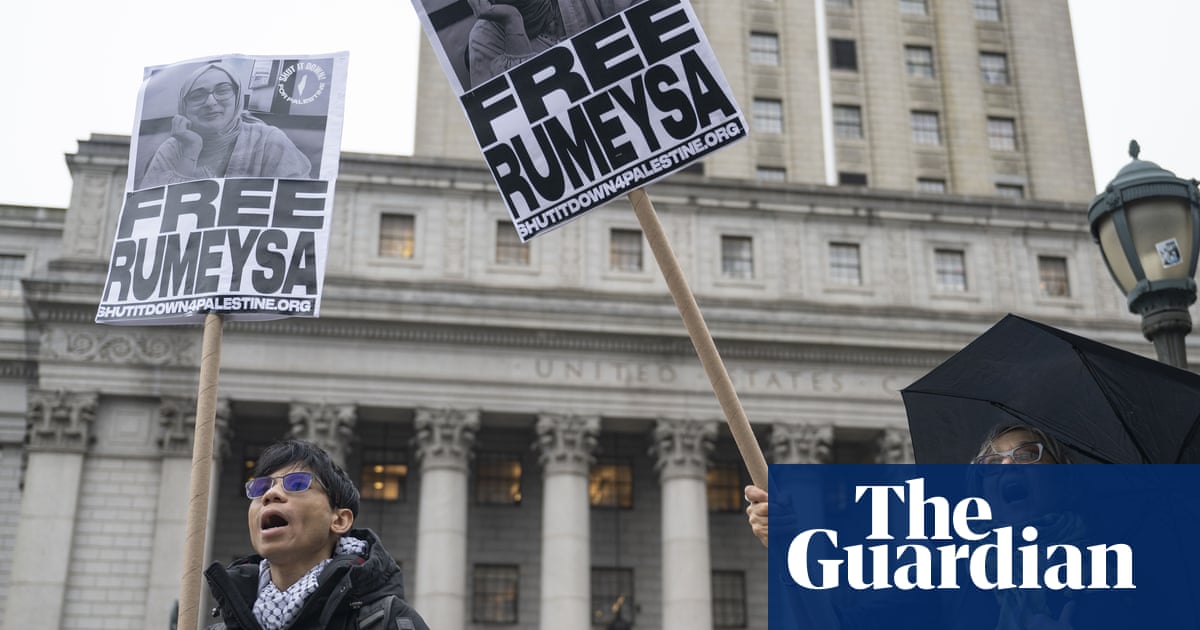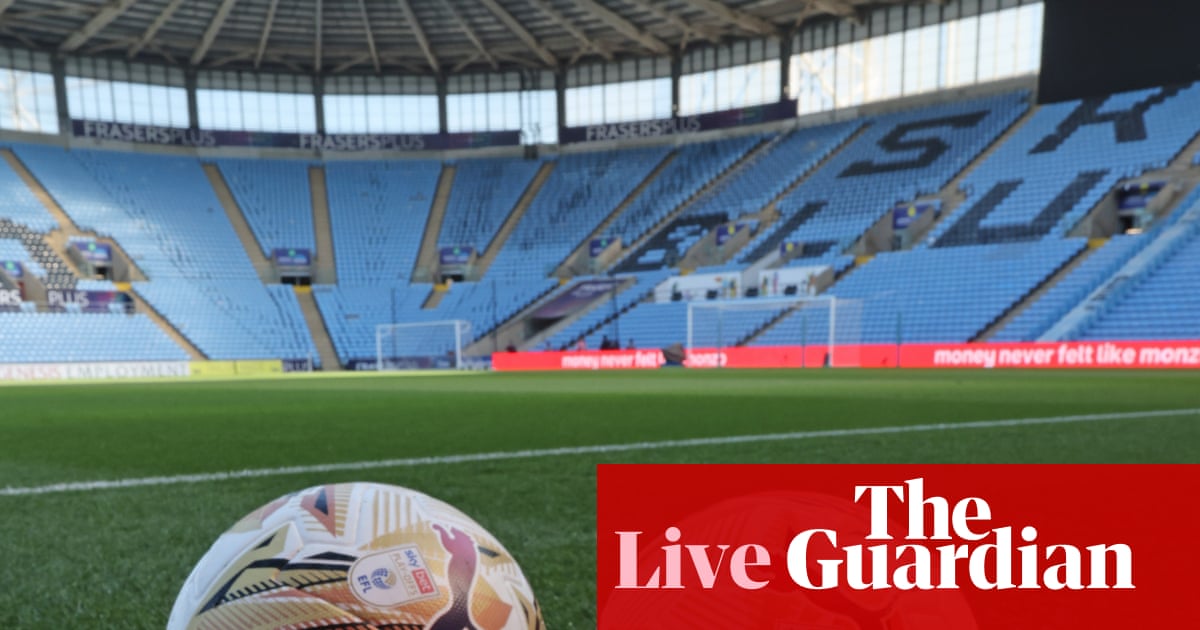For the estimated 2,000 residents of Refuge Island life sometimes feels like that of a refugee.
A dozen communities live on the island, which lies in a lagoon on the eastern fringes of Lagos and takes its name from the arrival of enslaved people fleeing the hinterland of western Nigeria in the 19th century. The island has never had electricity, and there are no tarred roads, only footpaths.
For power, its residents, mostly fishers or cassava, rice and corn farmers, rely on generators running on fuel that has become costly since a subsidy was scrapped two years ago. Water, which comes from the Lekki Lagoon – a site for open defecation as there are no proper toilet facilities – and wells, is poured on to improvised filters consisting of old cloths spread on basins.
The island has never had a hospital, and its only healthcare centre closed several years ago. In the only school, which serves children of nursery and primary school age, some classrooms were shut a few years ago after their roofs started caving in. For further education, pupils have to take a boat ride to a nearby island.
Every time Yinka Banjo, a leader of one of the communities on the island, leaves the island, he carries his power bank and device chargers steadfastly, like passports to civilisation.
“There is nothing here, we are as you see now,” he said.

For years, supporters of Nigeria’s ruling All Progressives Congress have held up Lagos as a testament to the vision of the party’s leader, the country’s president, Bola Tinubu. The megacity – comprising a mainland core connected to multiple islands by several lagoons beside the Atlantic – and state of the same name would be among Africa’s 10 largest economies if it were a standalone country. Tinubu, a two-term Lagos governor, influenced the selection of his successors to “guide the state to prosperity”, as his supporters say.
Running east to west below Refuge Island is the Lekki peninsula, which has since the 1990s undergone rapid development that has made it one of Nigeria’s most prosperous neighbourhoods, home to upmarket malls, a recently launched deepwater seaport, and the world’s largest single-train oil refinery.
Beyond the refinery and port, two forgotten islands lie hidden in plain sight in the lagoon: uninhabited Ita-Oko, which used to host a prison and then a drug rehabilitation centre, and Refuge Island.
Gbadebo Rhodes-Vivour, an architect and opposition politician, said the island, with its white sands and swaying coconut and palm trees, has the potential to become a tourist haven where “artists live in communes that sell locally-made artefacts”.

For now, its residents wait endlessly for the government to even acknowledge their existence.
One resident who did not want to be named said a former state governor had arranged for a borehole to be dug and a solar power system installed about 20 years ago. The borehole collapsed after three years. “We appreciated it,” the resident said. “But since then, [silence].”
There are many riverine communities around Lagos that have been left behind by the boom times and often lack basic amenities. Some house the descendants of people who migrated from the Benin Republic a century or more ago.
Rhodes-Vivour said poor communities were being excluded by development in the state. “The vision is to look like Dubai,” he said. “But you have a 70% poverty rate. Most of people cannot afford to live in Dubai-like conditions … development needs to be a lot more even.”
Taibat Lawanson, a professor of urban planning at the universities of Liverpool and Lagos, said some communities were being excluded from development projects because of questions about their ancestry. “Often there is a narrative that residents are not Nigerians and that they are there illegally, essentially looking away from the fact that everybody who is born in Nigeria is a Nigerian national no matter the nationality of their parents,” she said.
One elder on Refuge Island said no major government project had been initiated since the 1980s.
Residents say senior politicians have never visited the island, even for political campaigns. Nevertheless, the ruling party and its previous iteration has come first in voting on the island in every national election since the return to democracy in 1999. Rhodes-Vivour claims this comes down to the practice of politicians sending some food or money to inhabitants on the eve of election day. The APC was approached for comment.
In recent years the plight of places such as Refuge Island has become more well-known as middle class Lagosians have sought out tranquil environments where they can escape from the city. In some instances the city dwellers have initiated small-scale interventions alongside resort owners to tidy up communities.
Experts like Lawanson say these interventions and government’s “benevolence approach to development, especially when it comes to vulnerable groups” need to end and the focus needs to shift to schemes that tackle systemic inequality.
But even short-term relief is acceptable for the locals on Refuge Island, who say they are tired of waiting for a miracle. “We did our bit for the government,” said Banjo, referring to support for the APC in elections. “Only God knows when we’ll get our dues.”

 3 months ago
44
3 months ago
44
